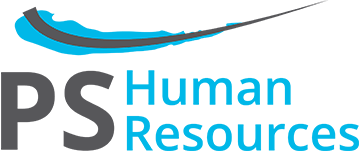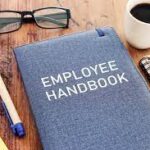With the majority of COVID-19 restrictions having been lifted in the summer, many of us have slipped into pre-pandemic habits and most would be forgiven for thinking that life had returned to ‘normal’. However, daily Coronavirus cases are unfortunately continuing to rise, and the Government is being called to commence ‘Plan B’.
What is Plan A and Plan B?
The Government anticipated that Coronavirus rates would increase over the coming months and agreed the Autumn and Winter plan. The plan sets out two strategies (Plan A and Plan B) to help avoid a winter crisis.
At present, the country is in ‘Plan A’ which is described as a ‘comprehensive approach’ and aims to:
- Continue building defences through pharmaceutical interventions: vaccines, antivirals, and disease-modifying therapeutics.
- Identify and isolate positive cases to limit transmission through Test, Trace and Isolate.
- Support the NHS and social care by managing pressures and recovering services.
- Advise people on how to protect themselves and others with clear guidance and communications.
- Pursue an intentional approach by helping to vaccinate the world and managing risks at the UK border.
Considered to be a contingency option, ‘Plan B’ is in place to reduce strain on the NHS and would impose additional measures. Under plan B the government aims to:
- Clearly and urgently communicate to the public that the level of risk has increased, and with the need to behave more cautiously.
- Introduce mandatory vaccine-only Covid-status certification in certain settings.
- Tell people to work from home again for a limited time if data supports this.
- Legally mandate face coverings in certain settings.
A link to the full Autumn and Winter plan is available here
What does this mean for employers?
Many of the measures set out within ‘Plan B’ reflect those previously experienced during the height of the pandemic. For this reason, employers will no doubt feel more confident and better equipped to adopt a ‘Plan B’ approach quickly, if needed.
In any event, employers are reminded that they have a legal duty of care and must ensure the health and safety of their staff, so far as is reasonably practicable to do so. It is, therefore, vital that employers stay up to date with risk assessments, best practice, and government guidance.
Earlier in the year, the government published ‘working safely during coronavirus’. Designed to support businesses through the autumn and winter period, the guidance provides advice and precautions employers can take to manage the risk of COVID-19 in their workplace. Broadly speaking, the guidance has been separated into six sections, covering a range of working environments:
- Construction and other outdoor work
- Events and attractions
- Hotels and guest accommodation
- Offices, factories, and labs
- Restaurants, pubs, bars, nightclubs, and takeaway services
- Shops, branches, and close contact services.
The advice within each guide differs, however the key points are:
- Conduct regular risk assessments and engage with staff about the proposed measures. Employers should ensure that certain groups of people, such as those with a disability, are not adversely affected by the proposed measures and consider adjustments where appropriate.
- Ensure adequate ventilation to maximise air flow. A CO2 monitor can help to assess whether a space is poorly ventilated. If ventilation can’t be improved, minimise use of these spaces.
- Increase cleaning, promote handwashing, and provide hand sanitiser facilities.
- Turn away those who have tested positive for COVID-19 or who have been told to self-isolate by NHS test and trace. It’s illegal to knowingly allow someone who is legally required to self-isolate to come to work.
Employers are strongly encouraged to review the above guidance in full, being mindful that more than one guide may apply to their business. The full ‘working safely during coronavirus’ guidance can be found here
If you would like to access our HR consultancy services for further HR help, support or advice, please do not hesitate to contact a member of the team on 01473 653000 or hello@pshuanresources.co.uk





